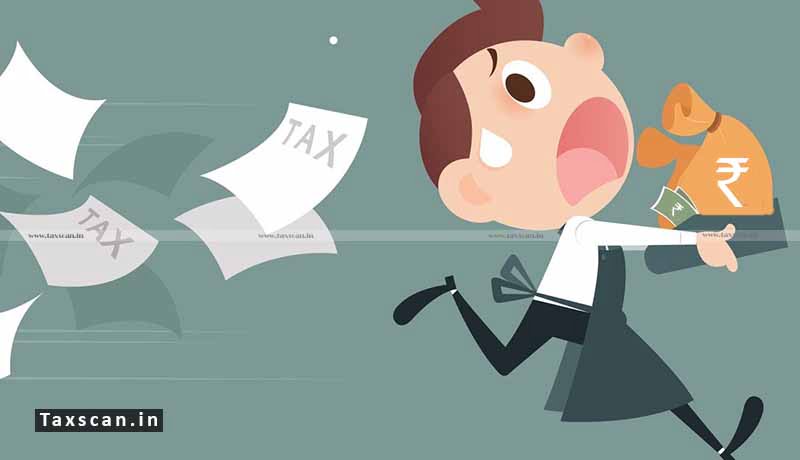Myth v. Reality: CBIC clarifies Concerns over the Proposed Changes to curb GST Fake Invoice Scams

The Central Board of Indirect Taxes and Customs (CBIC) has today issued a clarification regarding GST fake invoices frauds. The move aims at curbing the GST frauds reported since the implementation of the new tax regime to the country. So far, the Board has booked about 12000 cases of ITC fraud and arrested 365 persons in such cases. During the last six weeks alone, more than 165 fraudsters have been arrested.
The recent clarification was released as per the recommendation of the GST Council's Law Committee where the Government was directed to deal with the menace of fraudsters who avail and pass on ineligible ITC by fake or fly-by night firms.
There has been some misinformation on the recent rule changes on the Social Media causing confusion among the genuine taxpayers. Through the circular, the Board intends to clarify the real facts to the taxpayers.
The Board stated that it is wrong to say that no opportunity of being heard will be given to the taxpayers if the proper officer believes that registration is liable to be cancelled.
“The GST laws passed by the Parliament and state legislatures provide that GST registration is liable to be cancelled for those who have not filed 6 or more returns. It is therefore wrong to say that the cancellation will be done without reasons. To protect the interest of revenue, this provision has been put in the law so that fraudsters do not run away with GST collected from their customers,” the Board said.
It was further stated that no cancellation of registration would be done without giving proper opportunity of hearing to the taxpayer. “Immediate action for suspension is necessary in cases where unscrupulous operators seek to pass on huge fake credit by gaming the system. Such action will not affect genuine taxpayers and will provide them a level playing field. Moreover, suspension may be revoked by the officer based on the taxpayer's representation.”
The clarification further stated that it is a myth that the GSTIN will be cancelled without allowing the assessee to correct the clerical errors.
“This is absolutely not true. Only in fraudulent cases where there are significant discrepancies based on data analytics and sound risk parameters, and not mere clerical errors, the action of suspension and cancellation will be taken up. An example of a fraudulent case and serious discrepancy is where one has passed on Crones of Rupees of Input Tax Credit and not tiled GSTR3B returns, nor has he filed Income Tax returns or disclosed very little liability in Income Tax returns etc, The GST ecosystem is very carefully working towards curbing the fake invoice frauds in the interests of bonafide taxpayers. GST system applies sophisticated tools like BIFA, data analytics and AI & ML to pinpoint and segregate these fraudsters only,” the Board said.
The Board further stated that the belief that the proposed change will impact the ease of doing business, is also a myth.
“Not True. Fraudsters are misusing the system to the detriment of the interest of genuine taxpayers. Consequently, data-driven targeting of the fraudsters is the need of the hour. The data is being collected from Income Tax, Banks, Customs and necessary matching are being done to identify fraudsters and take action of suspension and cancellation after following due process of law. Precise targeting of fraudsters is being done only in specific cases, after doing a comprehensive analysis, using advanced data analytics tools. Etc., the Board said. “Further, multiple risk indicators are checked and only then few high-risk entities are selected. Action against fraudsters will not impact the Ease of Doing Business which is achieved in GST through liberal registration, refund regime, and self-compliance system with little or no manual checks,” the Board added.


